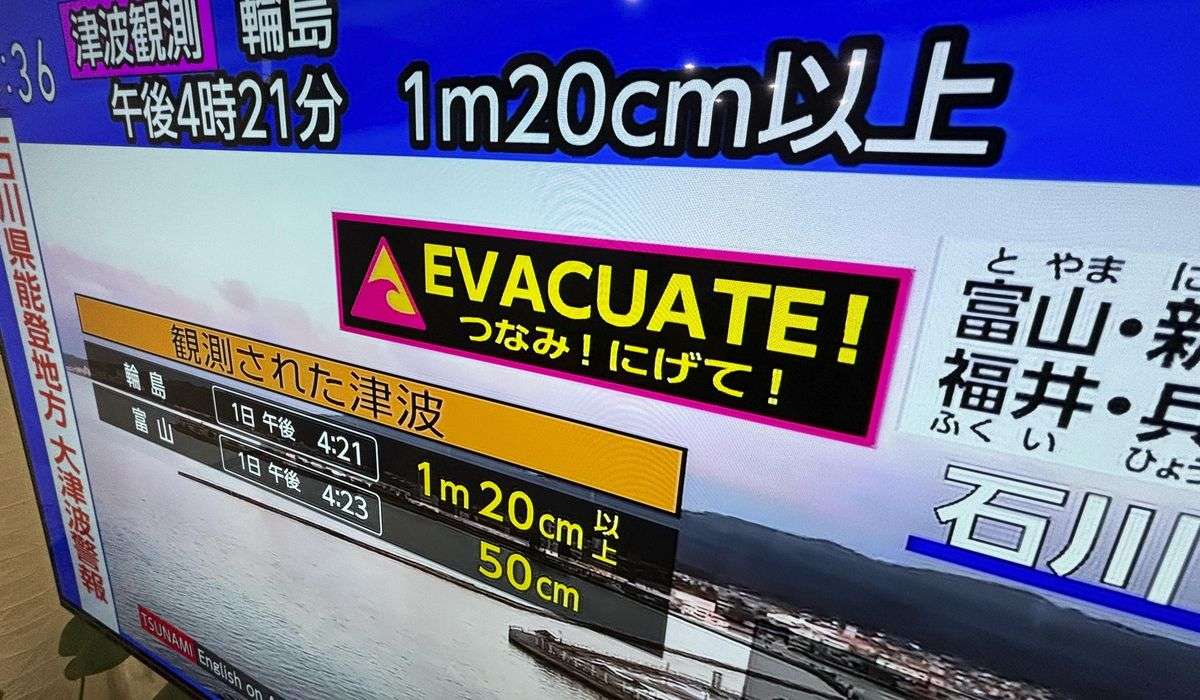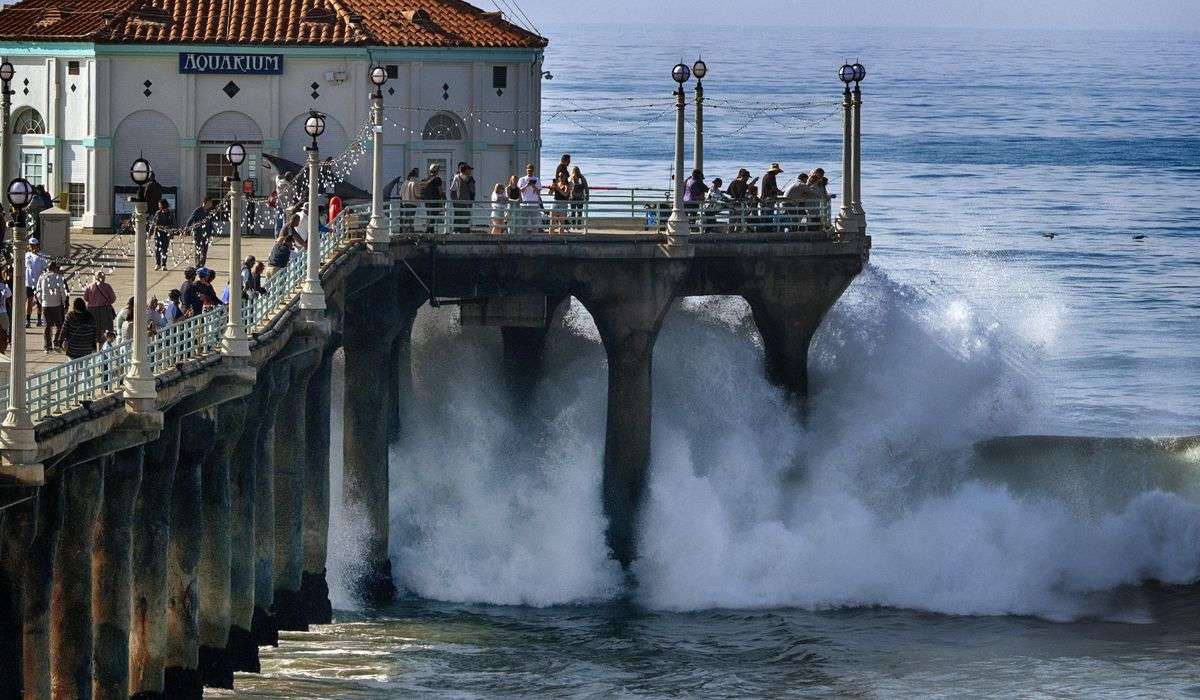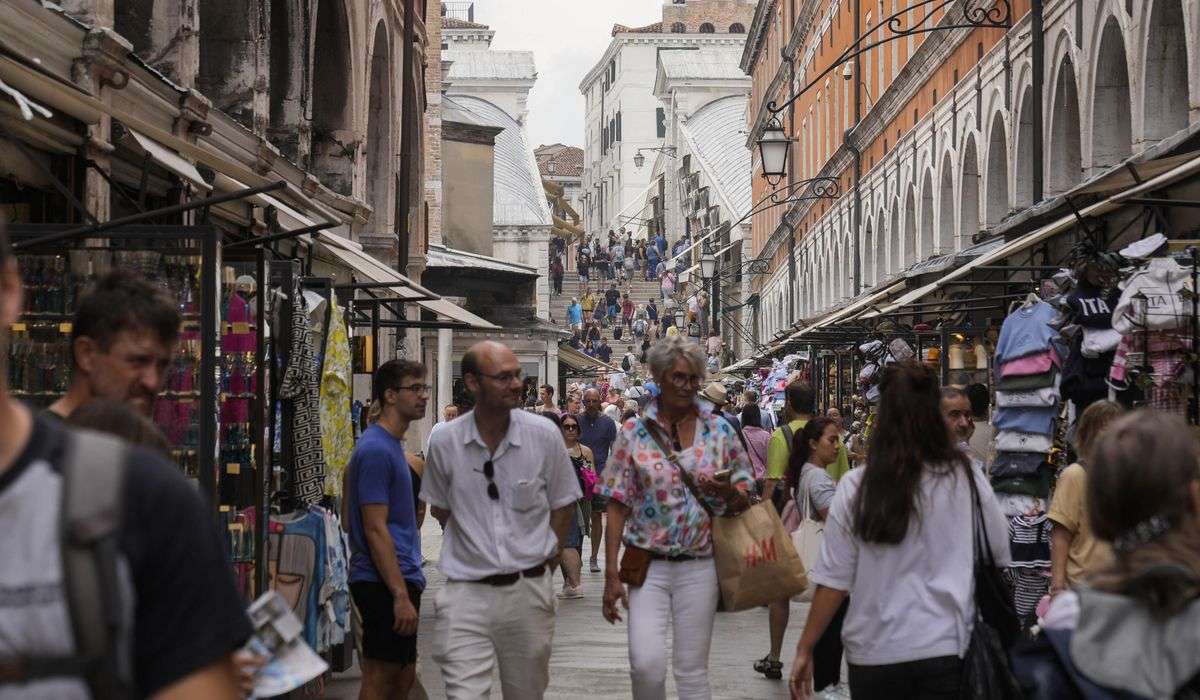As the pandemic prompts eco-awareness, the travel industry responds
By Bailey Berg,
G Adventures Inc.
The past year has changed people’s priorities in many aspects of their lives, but one of the biggest pendulum swings could involve travel. Previously, many found their itineraries at the intersection of affordability and bragging rights. But after the events of 2020, a growing number of wanderers are instead seeking opportunities that help them be better stewards of the Earth.
“I think the pandemic has given people time to consider travel and sustainability and how they want to do things differently going forward,” said Louree Maya, founder of Kynder, a website that aggregates eco-friendly and ethical hotels and eateries in Europe and the United States.
Maya’s impression isn’t just anecdotal. Booking.com recently released the findings of a global research report in which analysts asked travelers if and how they planned to travel differently when borders reopen. The report found that 53 percent of global travelers wanted “to travel more sustainably in the future as Coronavirus has opened their eyes to humans’ impact on the environment.” Another 69 percent of respondents said they expect the travel industry to offer more sustainable travel options.
Recognizing that a focus on sustainability is expected by a growing number of customers, many companies have used their relative downtime to take stock of their environmental footprint and make road maps for a greener future.
“The important thing, even with covid at the front of our minds, is remembering that climate change is a bigger risk for the planet and for tourism,” said Susanne Etti, environmental impact specialist for Intrepid, an adventure travel company.
“Tourism has a front-row seat for the effects of climate change,” Etti said, adding that some seasonal and outdoor tourism opportunities, like skiing or exploring reefs, have been diminished by the planet warming.
[Detouring: Top world destinations are overrun. Take our suggestions for roads not taken.]
While many within the industry had previously implemented environmentally friendly programs, with varying levels of ambition, tourism still contributes to 8 percent of the global greenhouse gas emissions and is expected to grow at an annual rate of 4 percent. One silver lining of the pandemic may be that it has helped unite some travel companies to do more against what they said may be their next foe.
Etti published an open-source guide to decarbonizing travel businesses in April, which has since been downloaded by more than 180 businesses. She has also conducted more than 50 free consultations aimed at helping her peers take the first steps.
“It’s important to understand your impact on the environment,” Etti said. “When you know your impact, you can start reducing.”
Chris Borg
Borgo di Sotto
Borgo di Sotto, a bed and breakfast in Tuscany, is listed on Kynder, a website that lists eco-friendly and ethical travel options.
The Future of Tourism coalition, founded by six nonprofit organizations including Center for Responsible Travel and Destination Stewardship Center, is one example of travel entities collaborating to “build back better.” The coalition has called for tourism stakeholders to commit to its list of 13 guiding principles, ranging from “Choose quality over quantity” to “Use sustainability standards.” Twenty-two groups have signed on, including: multiple tourism boards for countries including Jordan, Colombia and Palau; hotel chains such as Hilton; and tour groups such as Intrepid and Lindblad Expeditions.
Another joint effort that launched in 2020 is Tourism Declares, an initiative aimed at helping those in the travel sphere to develop plans to reduce carbon emissions as they recover from the pandemic. More than 200 companies, ranging from travel agents to tour operators, have committed to publishing a climate action plan within 12 months of joining.
Going forward, Jamie Sweeting, vice president of social enterprise and responsible travel at tour provider G Adventures, predicts that there will be more interest in trips that focus on time in the outdoors and going to less-visited places, moves that make sustainable practices easier and help lessen the burden of overtourism.
“We’ve seen a big trend toward more meaningful travel experiences,” Sweeting said. “I think more travelers want to discover a place, rather than just check it off. People want more out of their trip, like knowing it’s having a beneficial impact on them and on the place they’re visiting. ”
[What is ‘green travel,’ anyway? A beginner’s guide to eco-friendly vacation planning.]
Some of those places could very well be within travelers’ own backyards. G Adventures launched trips within the United States and Australia last year aimed specifically at citizens of those countries. While the excursions were in response to border closures, the company plans to continue offering the tours post-pandemic, as organizers said it helps locals build deeper connections to their own country and causes less environmental harm than jet-setting across the world would.
Intrepid Travel
On Intrepid Travel’s Nepal Annapurna Base Camp trek, travelers are led through the mountains with a local guide.
Pre-pandemic, “overtourism” was a buzzword associated with destinations such as Venice and Bali, that saw so many yearly visitors that it became harmful to the environment and made life more challenging for locals. One way tour companies, like G Adventures and Intrepid, are looking to decrease the stress put on those places is simply opting to travel in the offseason.
While what is “good” travel is fairly subjective, both Etti and Sweeting said it’s important for tourism groups to work with companies that have the same mission. By prioritizing giving their business to local hotels and restaurants that practice recycling, use solar panels and reduce waste, it makes it more attractive for others to get on board. The same goes for travelers.
“In the travel industry right now, your dollar means way more than it did before covid,” Sweeting said. “You have a lot of power as a consumer. If you reward the companies that are addressing climate change and work with local communities, the marketplace will change.”
While Sweeting acknowledged that not all travelers or companies are going to consider the environmental impact of their travels, he was optimistic that this may be the impetus for an evolution within his industry.
“I’m more hopeful now than I was a year ago,” Sweeting said. “It is possible for us to come together as a society to address these challenges.”
Berg is a writer based in Anchorage. Find her on Twitter (@baileybergs) and Instagram (@byebaileyberg).
More from Travel:
What’s the greenest way to travel?
‘Greenest hotel in America’: A Greensboro hotel makes climate-conscious travelers swoon
You want to be a responsible tourist. But what does that even mean?






